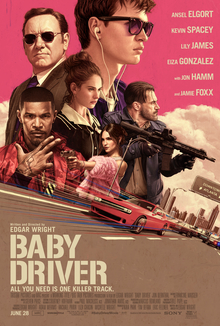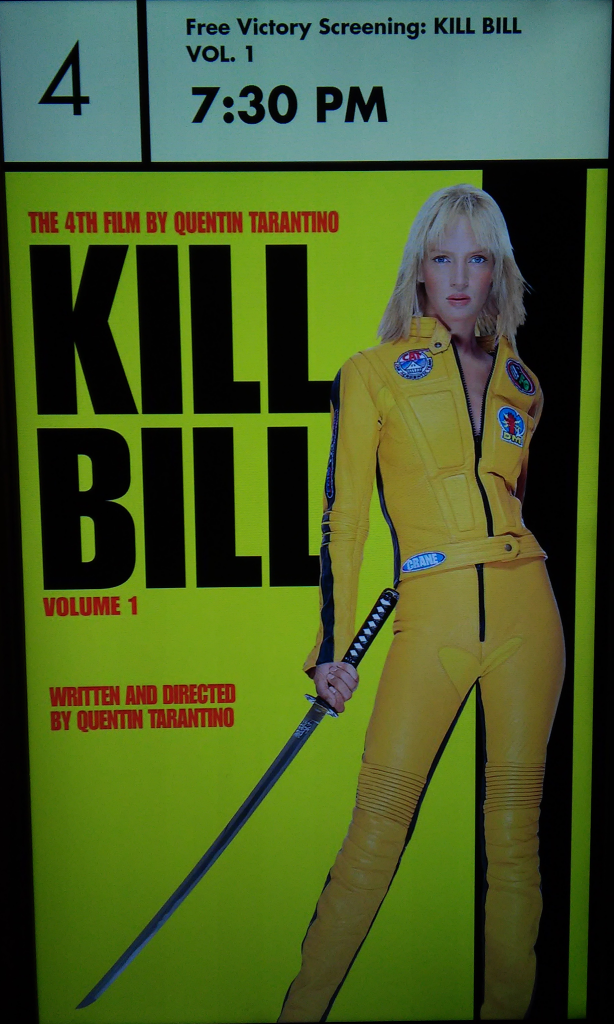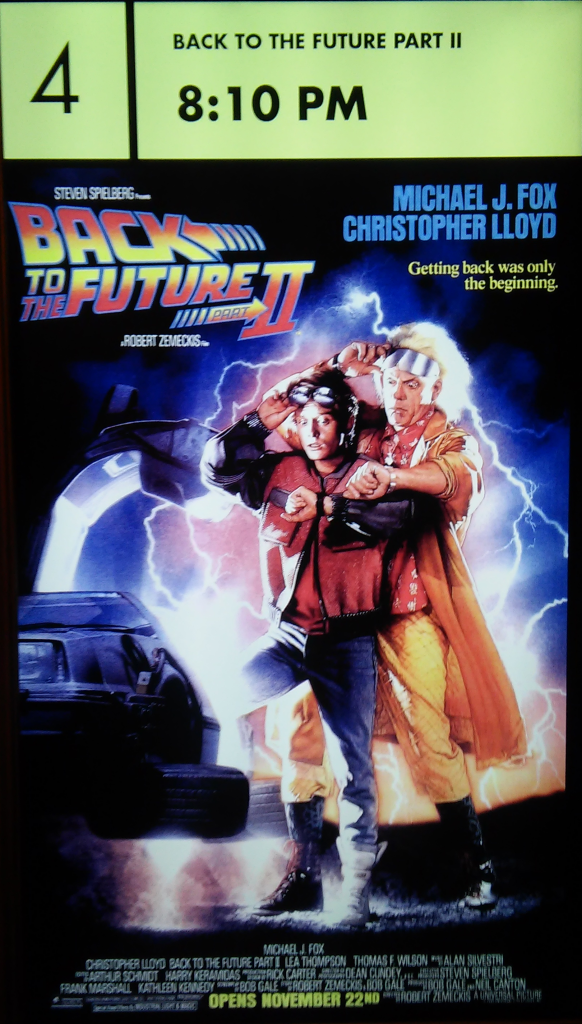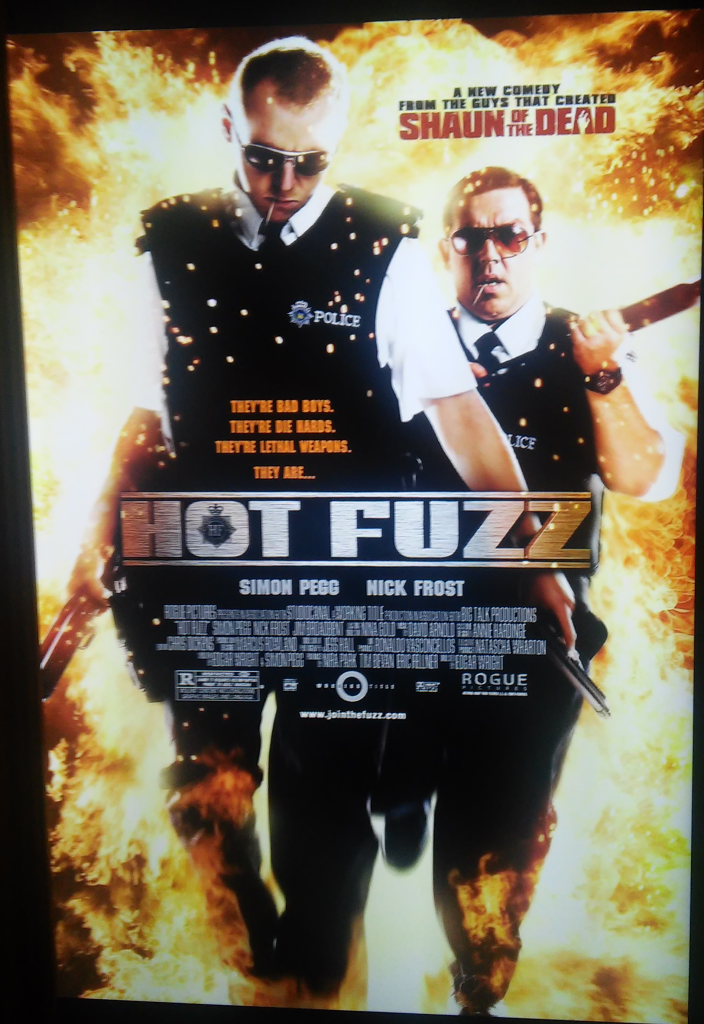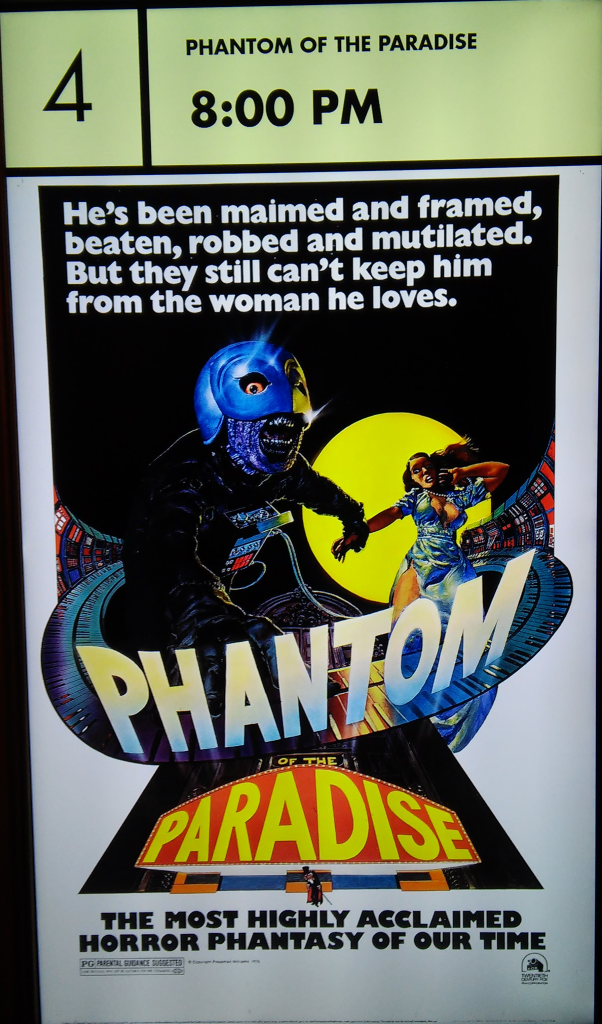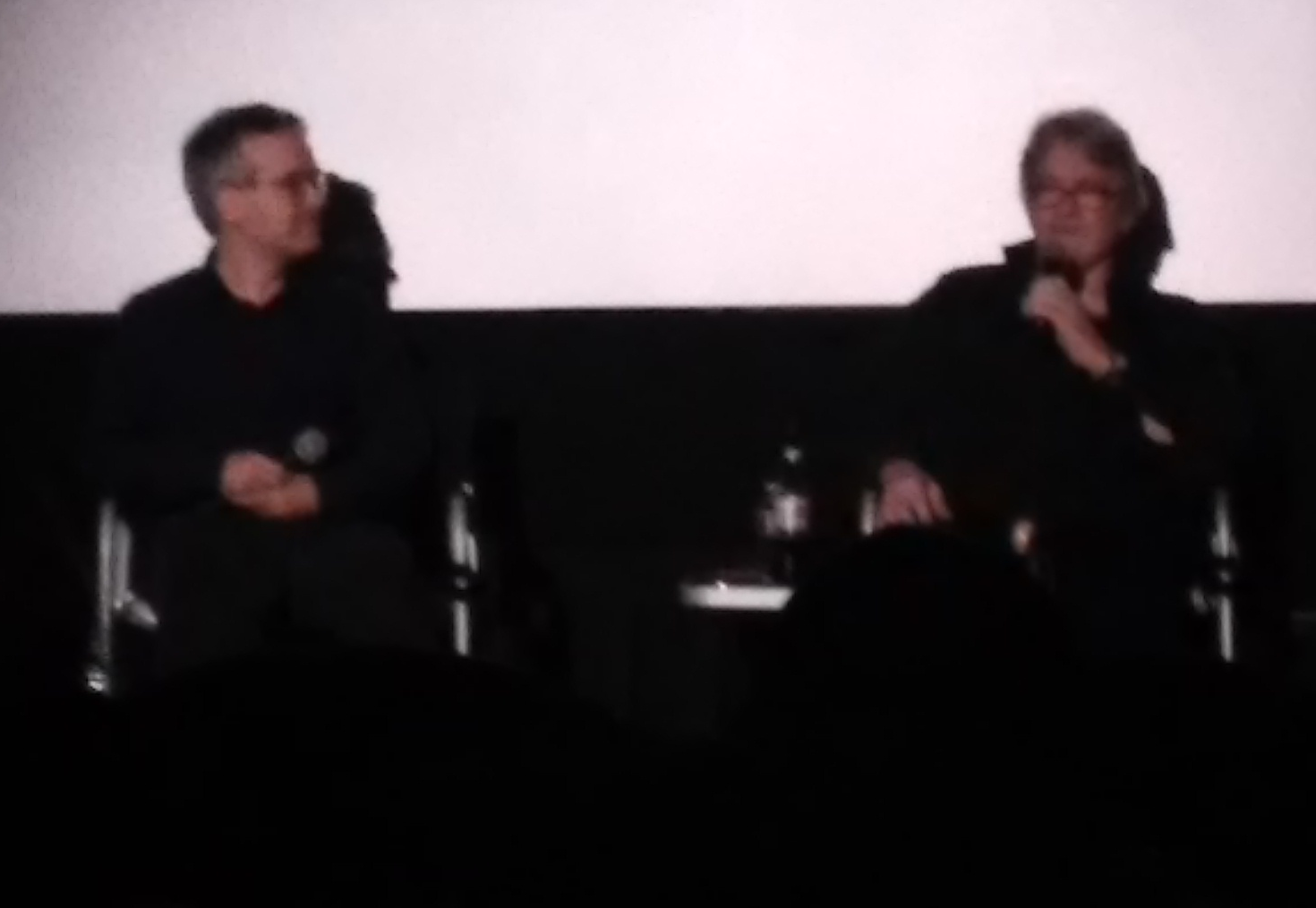Written and Directed by Edgar Wright
Cast: Ansel Elgort, Kevin Spacey, Lily James, Eiza González, Jon Hamm, Jamie Foxx, Jon Bernthal, CJ Jones, Flea, Lanny Joon, Sky Ferreira, Allison King, Big Boi, Killer Mike, Paul Williams, Sidney Sewell, Thurman Sewell, Jon Spencer, Walter Hill
Soundtrack: Steven Price
I love me some Edgar Wright.
From Spaced, to the Cornetto Trilogy, and even Scott Pilgrim (And have I mentioned I’m still disappointed that Marvel couldn’t work it out with him on Ant-Man? Although his fingerprints are still very much there), the man’s resume is impeccable.
Still, for some reason I couldn’t figure out, I was worried about Baby Driver (which apparently is also the title of a Simon & Garfunkel song; The More You Know).
Maybe the studio just didn’t know how to market it (I mean, this is Sony we’re talking about). Maybe he’d changed, or I’d changed, or we’d both changed. Maybe he was going in a new direction and I just wasn’t ready for it. For whatever reason, something inside me kept saying, “I don’t know about this one.”
Fortunately, my fears were quickly allayed, as I realized not long into the runtime that this film is the best thing he’s done in ten years.
As you’d expect from Edgar Wright, Baby Driver consists of layers upon layers upon layers (including the spirit of Atlanta), as it’s clearly influenced by Walter Hill’s The Driver (which influenced Nicolas Winding Refn’s Drive), which itself was based on Jean-Pierre Melville’s Le Samouraï (which influenced many films, including Jim Jarmusch’s Ghost Dog).
However, as wonderful and influential as those two films are (I’d personally recommend both of them), and as much as there are echoes of all of his previous works throughout, Wright’s Baby is very much its own…baby: a symphony of cars, music, and that signature kinetic energy like we’ve never quite seen before.
Tone-wise, it’s by far the most serious film Edgar has ever done, and it’s got plenty of bite to back up the bark, but that doesn’t mean it’s not without a genuine sense of humor; I’d compare it to The Nice Guys in that regard (unfortunately, the trailers are playing up the humor way too much, making the movie look borderline farcical; it didn’t even occur to me that the movie was rated-R until the second or third F-bomb). This is both a major strength and a minor weakness, because the tonal shifts don’t always quite jibe, but, like I said, it’s a small flaw in a large masterpiece.
In terms of car action, I’m going to say this is the most visceral work I’ve seen since Mad Max: Fury Road (if you’ve got another legitimate nominee from the past two years, I’m all ears). Edgar Wright himself said 95% of the car stuff is for real, both inside and out, and it shows. There’s even one chase that might rival To Live and Die in L.A., which I never thought I’d ever say about any movie. Frankly, I’m not sure it’s even worth attempting to describe the breadth of the gratuitous vehicular action; you truly must see it for yourself.
Of course, all of this might be for naught if the story and the performances weren’t up to par (down to par?), but not to worry. I wouldn’t put every performance in the same basket, but the core of Ansel Elgort, Kevin Spacey, and Lily James is rock solid, which is all that really matters; everybody else is free to be as much of a character (or caricature, depending on your perspective) as they want to be.
If I have any other criticisms besides the occasional odd tonal shift, it’s that the movie is sometimes just a bit too much, in that the camera is almost always moving (though at least they could afford a steadicam, unlike some people), and the soundtrack is sometimes a bit too noisy. Maybe I’m just becoming an old man, I don’t know, but I never felt like I was having sensory overload watching Fury Road, whereas Baby Driver had it creep in a few times.
All-in-all though, there’s not much to complain about. Some might say Baby Driver is style over substance, but sometimes the style is the substance (e.g. Guy Ritchie’s The Man From U.N.C.L.E.). I say it’s one of the best movies of the year, and I bet I’ll still be saying that come New Year’s Eve.
Whether you’re a die-hard Edgar Wright fanatic or a new fish, if you like gunfights, car chases, and proper action (and music), this film is for you. This was an idea that’d been brewing in his head for a long time, and we are fortunate to see it come to fruition.
Rating: ★★★★½ (out of five)

